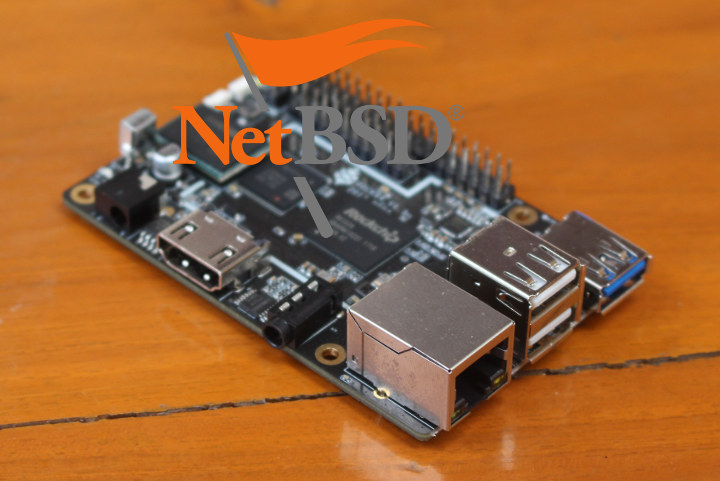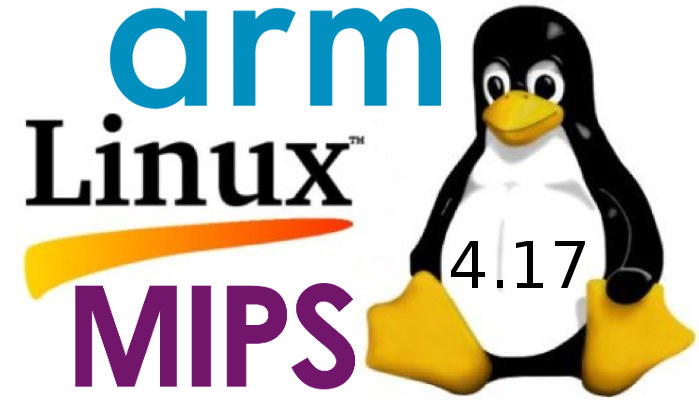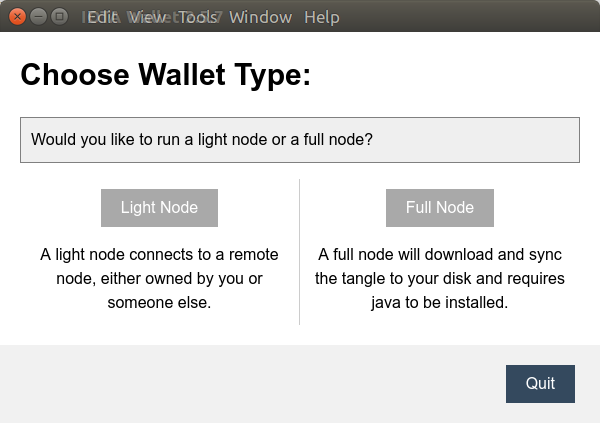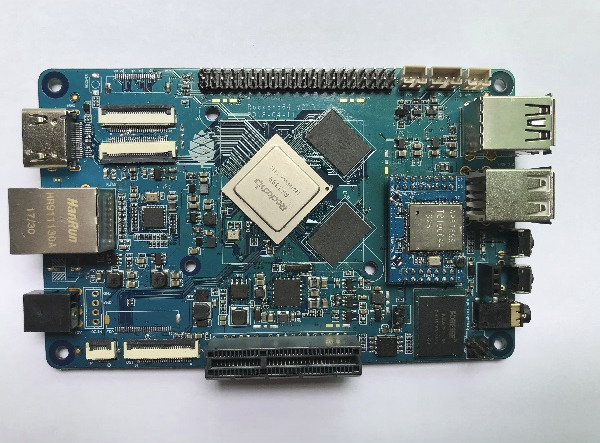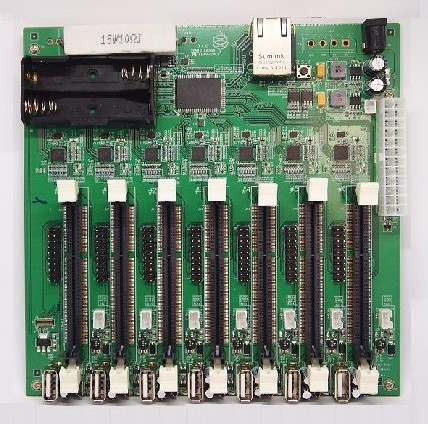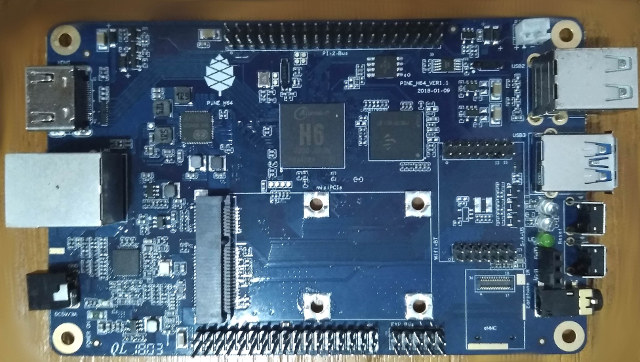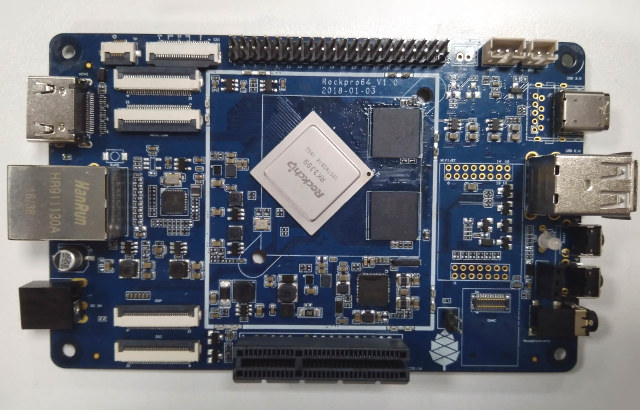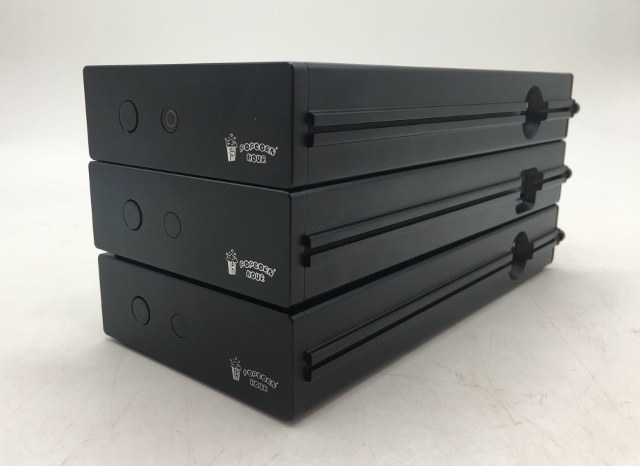NetBSD on Arm started in 2014 with the release of version 7.0, and last year device tree support was implemented and tested on some Allwinner H3 boards. But apparently, so far NetBSD only supported 32-bit Arm, with initial support for 64-bit Arm (ARM64) committed last April, but good progress has been made, and NetBSD ARM64 bootable firmware images are now available with SMP (multi-core) support. Eight different NetBSD ARM64 images can be downloaded: Generic NetBSD 64-bit image for Raspberry Pi 3 and NVIDIA Tegra X1 Two images for FriendlyELEC boards namely NanoPi NEO2 and NEO Plus2 boards Five images for the following Pine64 boards and hardware platforms Pine A64/A64+ Pine A64-LTS / Sopine with baseboard Pine H64 Pinebook laptop ROCK64 (ROCK64Pro not yet supported) The supported hardware matrix shows most features are supported, but there are still a few things missing such as GPU, crypto and MIPI CSI on all […]
Linux 4.17 Release – Main Changes, Arm & MIPS Architectures
Linus Torvalds released Linux 4.17 last Sunday: So this last week was pretty calm, even if the pattern of most of the stuff coming in on a Friday made it feel less so as the weekend approached. And while I would have liked even less changes, I really didn’t get the feeling that another week would help the release in any way, so here we are, with 4.17 released. No, I didn’t call it 5.0, even though all the git object count numerology was in place for that. It will happen in the not _too_distant future, and I’m told all the release scripts on kernel.org are ready for it, but I didn’t feel there was any real reason for it. I suspect that around 4.20 – which is I run out of fingers and toes to keep track of minor releases, and thus start getting mightily confused – I’ll switch […]
IOTA Tangle is a Blockless Distributed Ledger for the Internet of Things – Running a IOTA Full Node on Rock64 Board
A lot of efforts is going into distributed ledger technologies like the blockchain, and while I keep hearing blockchain is the future, there’s a lot of hype, and so far I have not seen that many practical use cases. But recently I saw Open Source Foundries – a new company announced at Linaro Connect US 2017 – participated in the IOTA blockchain BoF at the OpenIoT Summit 2018 showing a demo publishing sensor data to the IOTA Tangle. So maybe we have a practical application here… Sadly, there’s no video recording of the IOTA blockchain BoF, so instead let’s go to the IOTA website to find out more. What is IOTA? That’s the short description of the solution: An Open-Source Distributed Ledger The first open-source distributed ledger that is being built to power the future of the Internet of Things with feeless microtransactions and data integrity for machines. The key technology […]
RockPro64 Board is Now Available for $59.99 and Up for Early Adopters & Developers
Several Rockchip RK3399 development boards and SBCs were announced or launched in Q4 2017 / Q1 2018, including Orange Pi RK3399, ODROID-N1, Rock960, etc… RockPro64 was the most aggressively priced of the lot as it was expected to launch for about $60. The good news is that Pine 64 is now selling the first production batch for $59.99 (2GB RAM) or $79.99 (4GB RAM). The less good news is that software is still being worked on so the company only recommends it for early adapters and developers. RockPro64 specifications have changed a bit since the board now comes with LPDDR4 memory instead of LPDDR3: SoC – Rockchip RK3399 hexa-core processor with 2x ARM Cortex A72 cores up to 2.0 GHz, 4x Cortex A53 cores, and an Arm Mali-T860 MP4 GPU System Memory – 2 or 4 GB LPDDR4, dual channel Storage – eMMC flash module (up to 128 GB), micro […]
Pine64 ClusterBoard is Now Available for $100 with one Free SOPINE A64 System-on-Module
We’ve previously reported Pine64 had developed “Sopine Clusterboard” for a specific project with support for up to seven SOPINE A64 SoMs powered by Allwinner A64 quad core Cortex A53 processor. At the time (August 2017), it was unclear whether the company would sell to the solution publicly, but they’ve now gone ahead and launched Pine64 ClusterBoard for $99.99 plus shipping, including one free SOPINE A64 module for a limited time. PINE64 ClusterBoard specifications: SoM Slots – 7x SO-DIMM slot for SOPINE A64 modules Connectivity 1x Gigabit Ethernet port (RJ45) All SoMs are connected via Gigabit Ethernet using 7x RTL8211E transceivers and RTL8370N network switch (See diagram below) USB – 7x USB 2.0 port, one per SoM Expansion – Headers for each SoM with UART (serial console), I2C, key ADC, GPIOs, SPI, RESET/POWER 5V and GND Misc – RTC, reset button, optional EEPROM connected to RTL8370N Power Supply 5V/15A via power barrel […]
Pine H64 Development Board Features Allwinner H6 processor, Gigabit Ethernet, USB 3.0 and PCIe for $26 and Up
As expected, Pine64 has now launched Pine H64 development board, powered by Allwinner H6 quad core processor, and contrary to Orange Pi H6 boards, it exposes both Gigabit Ethernet, and a USB 3.0 port, which should please people wanting fast storage combined with Gigabit Ethernet. The board comes in three variants with 1, 2 or 3GB of memory, with all also equipped with a mini PCIe interface, and various I/O headers. Pine H64 specifications: SoC – Allwinner H6 quad core Cortex A53 processor with Arm Mali-T720MP2 GPU System Memory – 1, 2 or 3GB LPDDR3 PC-1600 RAM Storage – 128 Mbit SPI flash, micro SD card slot, and eMMC flash module connector (all bootable) Video Output – HDMI 2.0a up to 4K @ 60 Hz Audio – HDMI audio output, Video Decoding – 10-bit H.265 up to 4K @ 60 fps, VP9 and H.264 up to 4K @ 30 fps […]
Pine64 to Release RockPro64 Boards Based on Rockchip RK3399 and RK3399Pro for Around $60 and Up
Several Rockchip RK3399 boards have been announced in the last few days, first with AAEON RICO-3399 Pico-ITX single board computer targeting mostly business customers for digital signage, kiosk or, automation and Orange Pi RK3399, a featured-pack board with plenty of interfaces to play with. However those boards, and the one released previously, tend to cost between $100 and $200 or over, and even though we saw Rockchip SAPPHIRE evaluation board going for $75 its was a time-limited promotion, and the normal price is around $150. I’m pleased to report Pine64 will soon launch RockPro64 boards powered by Rockchip RK3399 or the recently announced RK3399Pro with an NPU for around $60 and up. There will be three versions of the board that will only differ by the processor, or RAM capacity: SoC (one or the other) Rockchip RK3399 hexa-core processor with 2x ARM Cortex A72 cores up to 2.0 GHz, 4x […]
Popcorn Hour Transformer Media Computer / NAS Launched for $95.90 and Up
Last month, we wrote about Cloud Media’s Popcorn Hour Transformer, a platform based on Rockchip RK3328 processor that could be used a 2.5″ drive NAS, and/or a 4K HDR TV box, and looked like an interested alternative to ODROID HC1 NAS system. The company has now officially launch the device, and is taking orders for $95.90 or $115.90 for respectively the 2GB RAM/16GB flash, or 4GB/32GB versions. Popcorn Hour Transformer specifications: SoC – Rockchip RK3328 quad core Cortex A53 processor with Mali-450MP GPU System Memory – 2GB or 4GB LPDDR3 Storage micro SD slot 16 or 32GB eMMC flash (removable and upgradeable) 128 Mbit SPI NOR flash SATA interface via USB 3.0 to SATA bridge chipset for 2.5″ HDD/SSD Network Connectivity – Gigabit Ethernet Video Output – HDMI 2.0a up to 4K 60Hz with HDR (HDR10/HLG) support Audio Output – Via HDMI, and 3.5mm audio jack (analog stereo or optical […]


